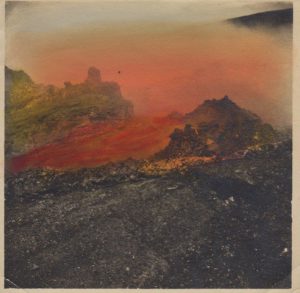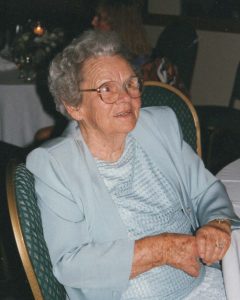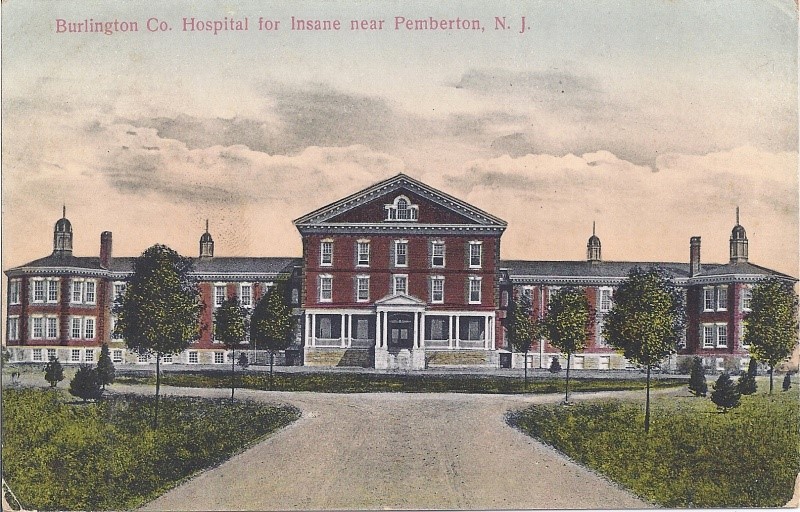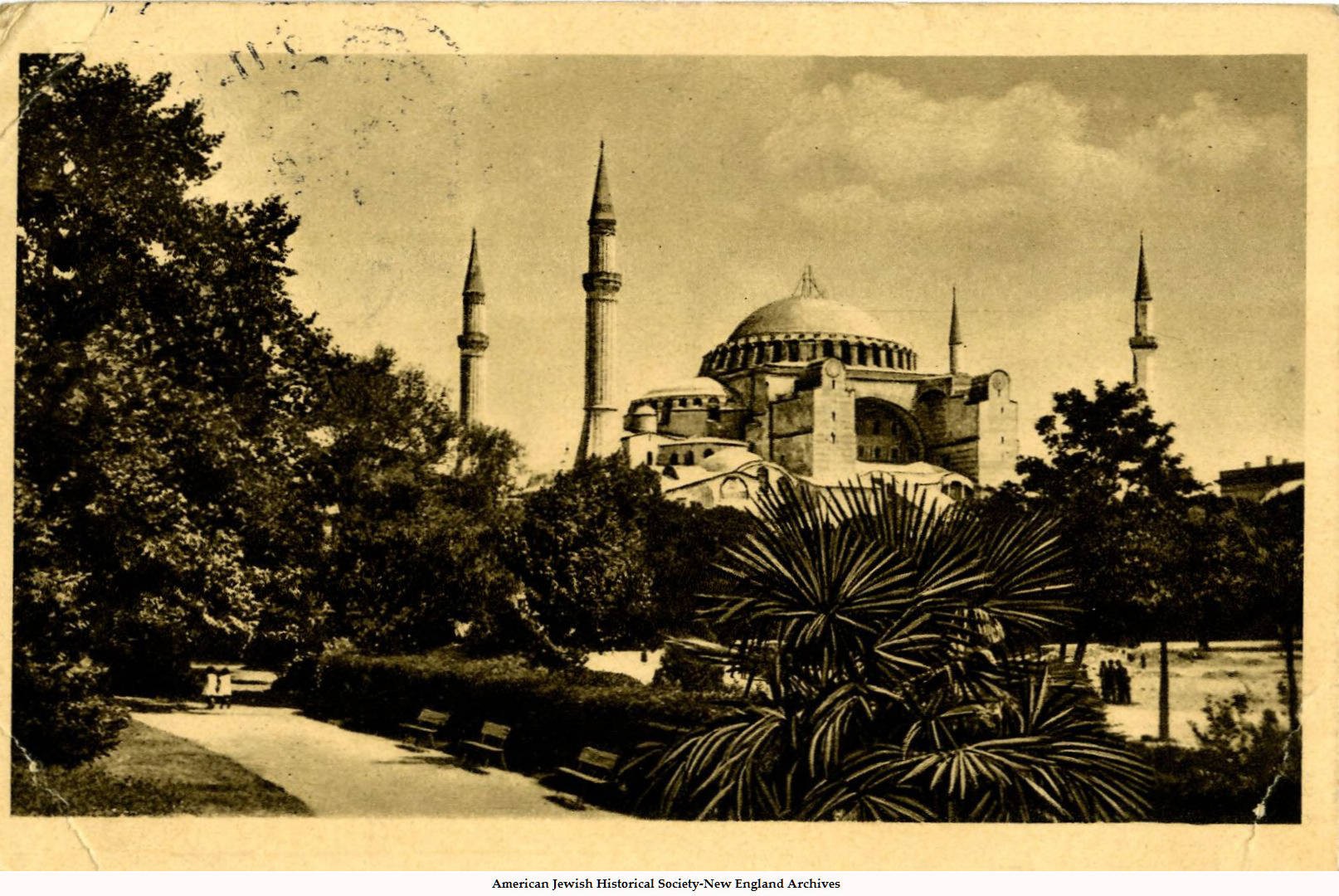
Her gaze, somewhere between curious and indifferent, held me. Almost unable to breathe, I crisscrossed her Great Room, hoping against hope for the slightest glimpse of my once-alert mother. I had hurried to see her, and then as now, I believed there must be some sort of a magic spell that would bring her back to us, back from the prison of Alzheimer’s, and from the world of all things forgotten. Why hadn’t she taught me that spell? (Or had she?)
She’d always glowed whenever I discovered even the slightest bit of our family’s history, saying to me, “Oh, my, look at all you have learned…” So I had to believe that the cure for this, the cure to return all things unforgettable, had to be hidden away, recorded in an old family history book and just waiting to be discovered. You know, as if from a perfect Book of Spells, the cure called out to me, as if to say… Continue reading Unforgettable








